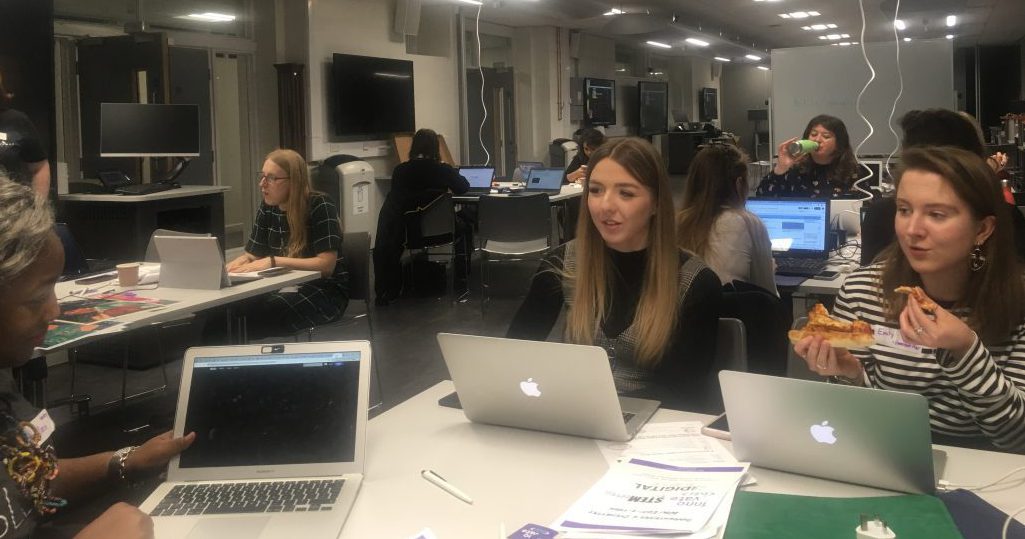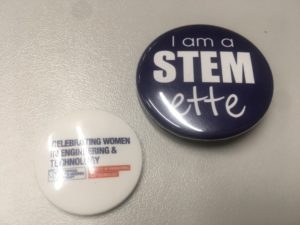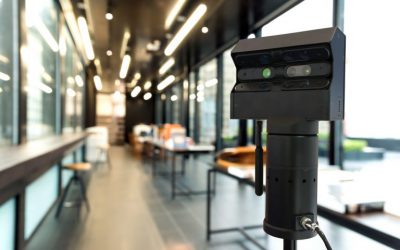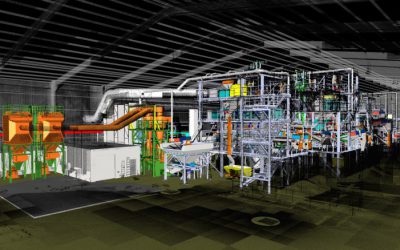

Members of the DATS team attended a Wiki-edit-a-thon hosted by diversity and STEM specialists, STEMettes and InnovateHer. Held at John Moores University in Liverpool on 26th February, the purpose of the event was to raise the profile of women in STEM (Science, Technology, Engineering and Maths) on Wikipedia through editing and adding to existing pages and creating new.
Participants became Wikipedia editors and followed a ‘to-do’ list of tasks which included researching individuals and STEM-related topics before adding the facts to the relevant pages and citing the sources of the information.
By the end of the evening a large number of updates and additions had been made to pages including ‘Women in STEM’, ‘Women in Science’ and ‘Women in Geology’, as well as to the pages of notable individuals including female scientists, engineers and astronauts.
DATS is all too aware of the STEM shortages apparent within the engineering industry, as we help match clients with niche, hard-to-find candidates daily. We recognise too, the imbalance in the ratio of men to women in engineering careers and therefore the importance of events such as the Wiki-edit-a-thon in raising awareness of diversity in STEM.
We were pleased to play our part in such a worthwhile project. Thanks and well done to the organisers on such a successful event.

7 Benefits of Point Cloud Scanning
Point Cloud Scanning has been touted as the “next big thing” in engineering and construction and allows you to accurately map, measure and visualise complex 3D environments. The scanner, alongside producing accurate point clouds of data, also produces black and white...
Point Cloud Scanning – A view of the future
For the best part of a decade now, Point Cloud Scanning has been touted as “the next big thing” in the architectural, engineering and construction industries. Being able to accurately map, measure and visualise complex 3D environments using Light Detection and Ranging...
10 well-known brands also celebrating in 2019
2019 is an exciting year for DATS. We’ve reached a significant milestone in our history and are celebrating our 60th year! But we’re not the only ones with our party poppers at the ready. Here are some other well-known business who are also celebrating this year… 1....




